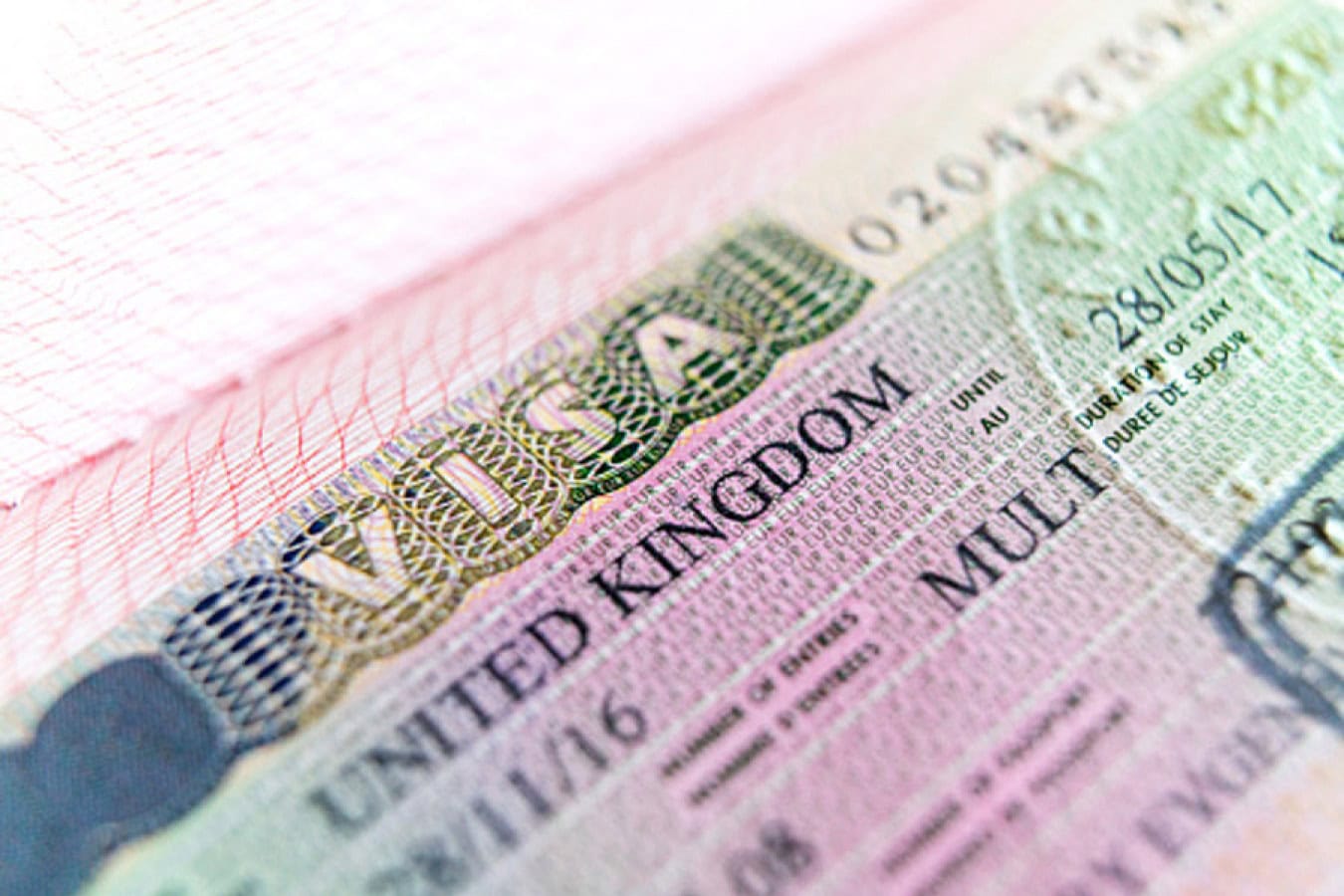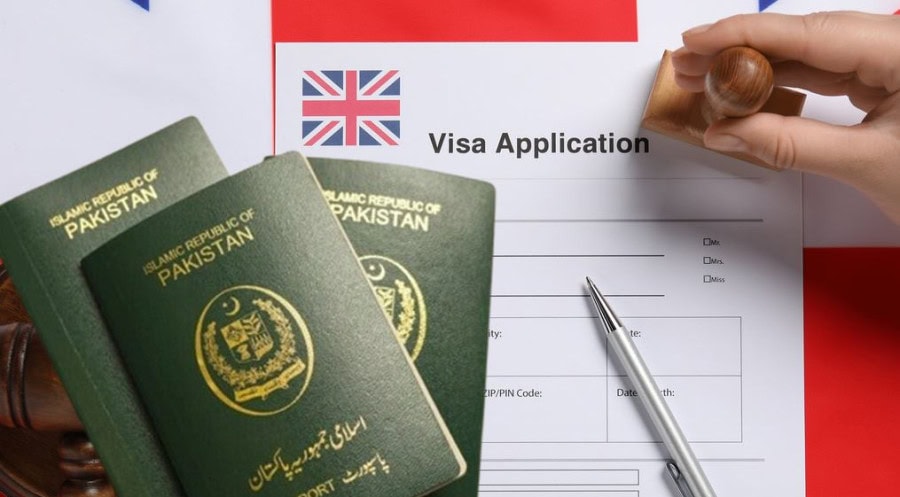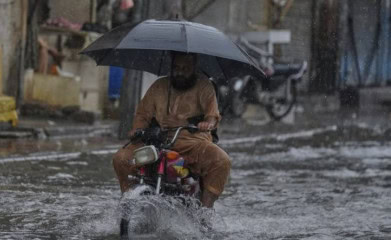ISLAMABAD/LONDON – Pakistanis make up around 2 million community in United Kingdom, one of largest in Europe, but students from South Asian nation planning to pursue higher education in Britain may soon encounter stricter visa procedures, as UK government looks to limit applications from countries with high post-arrival asylum rates — and Pakistan is reportedly among the nations affected.
This possible change follows growing concerns about mass immigration, an issue that played a key role in the electoral setbacks. Officials have indicated that a policy paper to be released next week — the government’s immigration “white paper” — will include measures aimed at tightening visa access for students from Pakistan, Nigeria, and Sri Lanka.
Latest data shows that over 1lac people applied for asylum in UK, with 16,000 of those having originally entered on student visas. While no nationality-specific breakdown was provided, government sources confirm that applicants from Pakistan, Nigeria, and Sri Lanka are among the most likely to claim asylum after arriving on temporary visas.
British called it a major issue, adding that the new immigration plan will address loopholes and abuse in the student visa system.
The development has sparked concern among thousands of Pakistani students who see the UK as a leading global education destination. Many worry that genuine applicants will be unfairly targeted because of a minority who exploit the system.

Immigration has long been a deeply divisive topic in British politics. Several politicians called to adopt firmer stance. With net migration reaching peak of 7.28lac in the 2024, public and political pressure on the government has grown significantly. Although the white paper has yet to be published, experts believe that future Pakistani applicants may face longer waits, increased scrutiny, and potentially higher rejection rates.
UK Immigration Issue
The immigration debate remains key issue in UK for over decade. Many people are arguing that rising numbers of newcomers place heavy burden on housing, public services, and the National Health Service. Others worry about the social impact of rapid demographic shifts.
Several former PMs promised to bring annual net migration down but never achieved half of what is needed. The desire to control immigration also played a pivotal role in the 2016 Brexit vote, which ended the freedom of movement between the UK and the European Union.
In UK, Indians made up the largest group of migrants in 2023, after from Nigeria and China. A significant portion of the migration increase has been linked to the arrival of international students, care workers, and their family members.
The economic effects of immigration remain a subject of debate. While increased migration adds to demand on public services, migrants also contribute through taxes and help fill labor shortages.
New eVisa Scheme simplifies UK Immigration for long-term visa holders



















